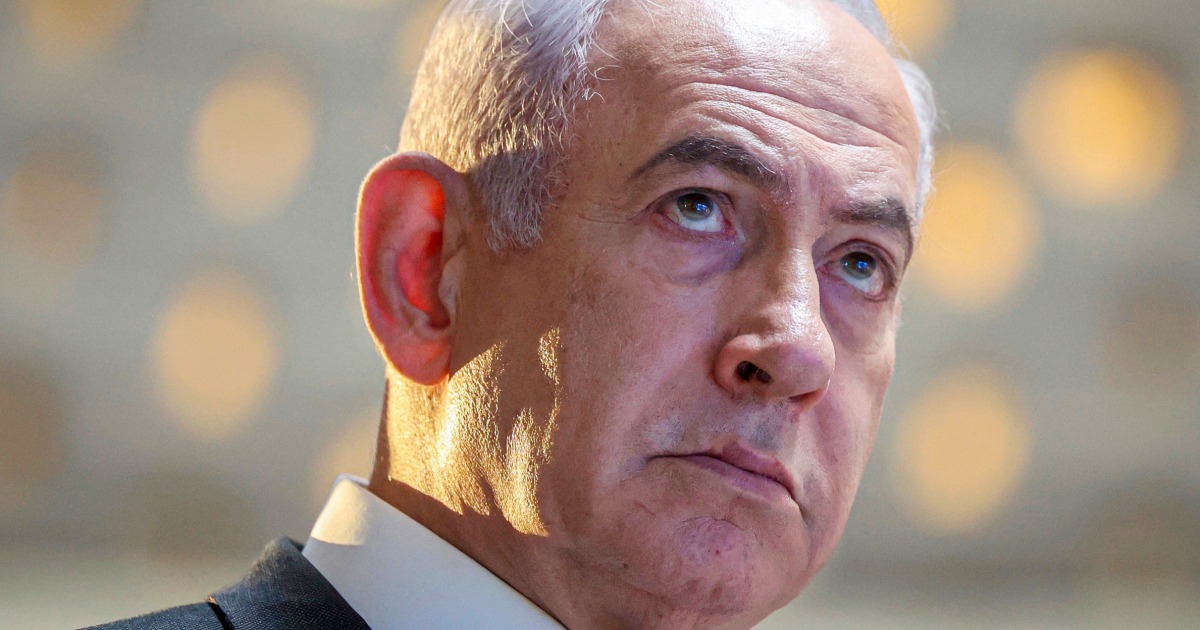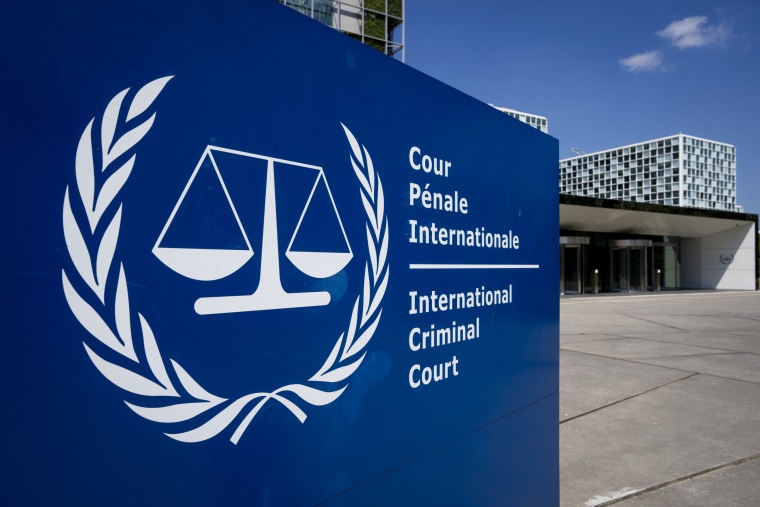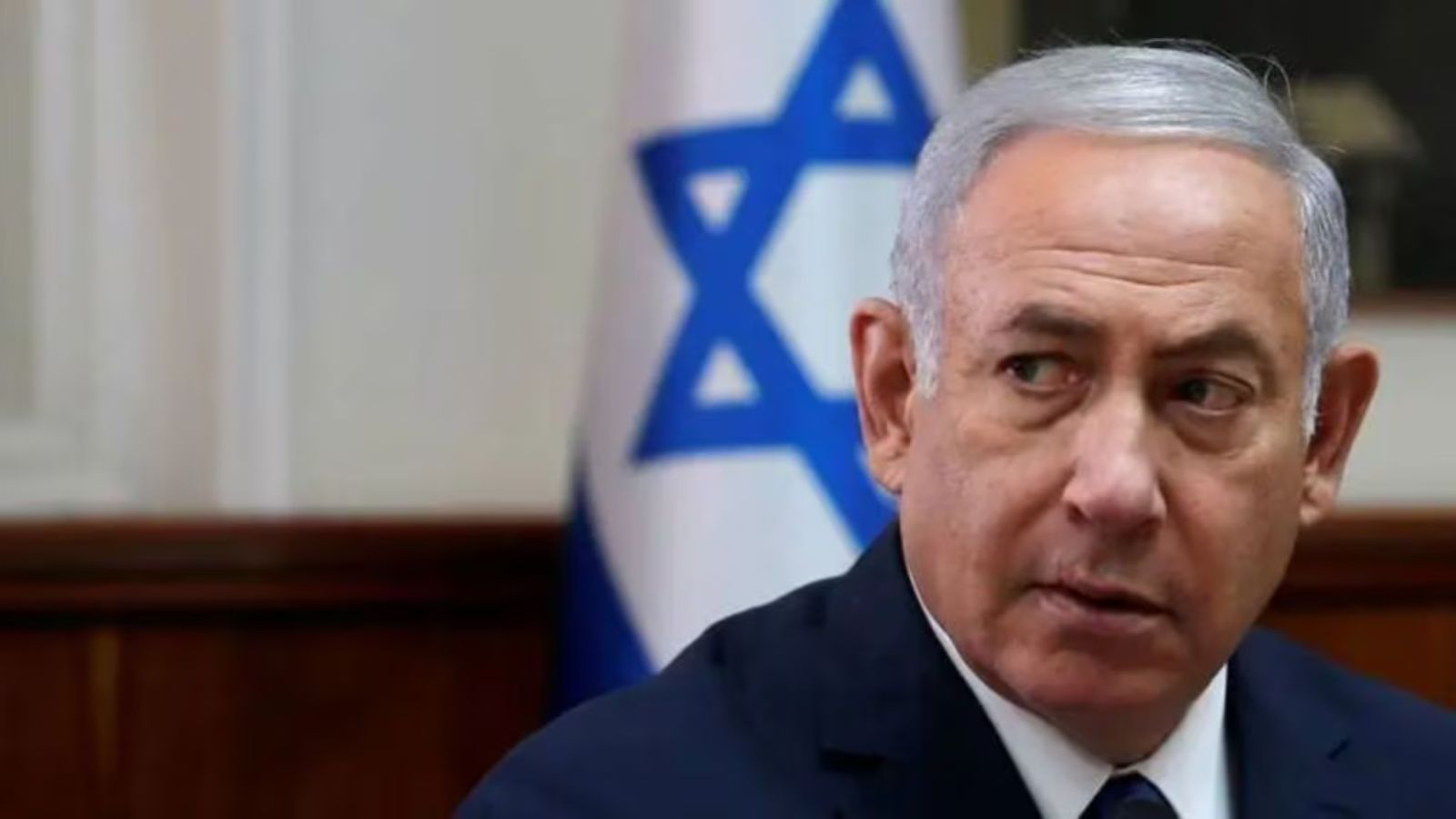
The International Criminal Court (ICC) has requested arrest warrants for Israeli Prime Minister Benjamin Netanyahu and Defense Minister Yoav Gallant on suspicion of war crimes. The ICC has been investigating both sides in the Israel-Palestine conflict since 2021 and ruled that it had jurisdiction over the situation in 2021. However, a ruling on interpretation of the Oslo Accords regarding Palestinian jurisdiction over Israeli nationals was deferred for a later stage in proceedings.
Britain, an ICC member state, had previously sought observations from the court on whether it could exercise jurisdiction over Israeli nationals under the Oslo Accords. However, with a new Labour Party-led government taking power in the UK following elections earlier this month, Prime Minister Keir Starmer's spokesperson announced that they would abandon this query and let the ICC decide on the matter.
The decision puts Britain at odds with Israel and its closest ally, the United States, who have opposed the arrest warrants. The US has warned that withdrawing objections could jeopardize peace negotiations being facilitated by Washington.
Israel and Palestine have been in conflict since 1948, with numerous wars and clashes between them. The most recent major conflict was the Gaza War in 2021, which resulted in widespread destruction and loss of life on both sides.
The ICC's investigation into war crimes committed during the Gaza War has been ongoing since 2015, when Palestinian authorities joined the court as a United Nations observer state. The court has also investigated Hamas leaders for alleged war crimes during the October 7 attacks on southern Israel in 2021.
The Labour Party's shift in policy towards the ICC and its arrest warrants is significant, as it marks a departure from the previous Conservative government's stance. The new government has struck a different tone on international law and respect for supranational jurisdictions compared to its predecessor.
It remains to be seen how other countries will react to the ICC's arrest warrants and whether they will challenge them in court. The situation is complex, with many parties involved and strong opinions on both sides. It is important for all parties to respect the rule of law and allow due process to take its course.




